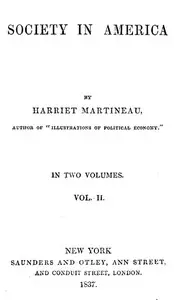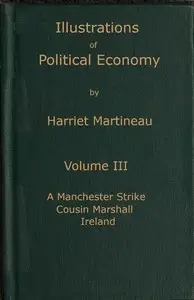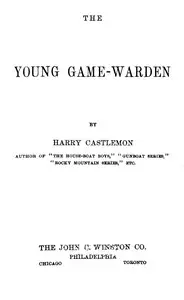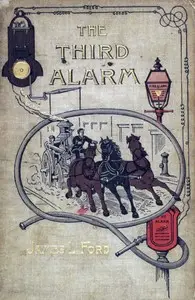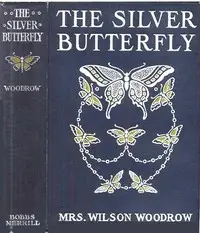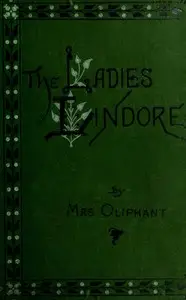"Society in America, Volume 1 (of 2)" by Harriet Martineau is a sociological exploration written in the mid-19th century. The work delves into the complex social, political, and economic landscape of the United States, focusing on the principles and practices of American democracy. It examines institutions, morals, and the character of the American people through the lens of Martineau's travels and observations, aiming to provide insights into how societal conditions align with democratic ideals. The opening of Martineau's work sets the stage for her analysis of the American society she encountered after her arrival in New York in 1834. She reflects on the challenges of accurately depicting a nation's character, admitting her initial uncertainty about American politics and institutions. Martineau details her extensive travels across various states, engaging with diverse communities, political figures, and social institutions. Her vivid description of personal interactions and observations lays a foundation for her later critique of the American political system, including discussions on the contradictions between principles and practices of democracy, as well as issues surrounding governance and social justice. (This is an automatically generated summary.)
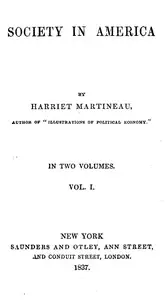
Society in America, Volume 1 (of 2)
By Harriet Martineau
"Society in America, Volume 1 (of 2)" by Harriet Martineau is a sociological exploration written in the mid-19th century. The work delves into the com...
Harriet Martineau was an English social theorist. She wrote from a sociological, holistic, religious and feminine angle, translated works by Auguste Comte, and, rarely for a woman writer at the time, earned enough to support herself. The young Princess Victoria enjoyed her work and invited her to her 1838 coronation. Martineau advised "a focus on all [society's] aspects, including key political, religious, and social institutions". She applied thorough analysis to women's status under men. The novelist Margaret Oliphant called her "a born lecturer and politician... less distinctively affected by her sex than perhaps any other, male or female, of her generation."

